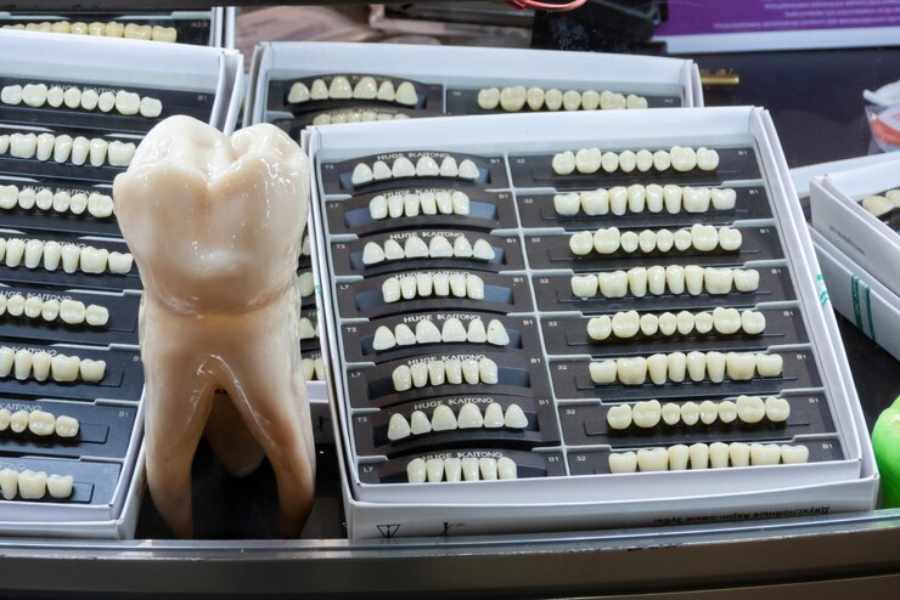Dental crowns are custom-fitted coverings designed to encase teeth that have been structurally compromised due to decay, fractures, or extensive wear. These restorations serve to bring back the tooth’s original shape, reinforce its strength, and enhance its overall appearance. When a tooth is too damaged to be repaired with a standard filling, a crown becomes the preferred option. Available in materials like porcelain, ceramic, metal, or hybrid combinations, the choice of crown often depends on the tooth’s location and the patient’s personal preferences.
Dentist Clifton NJ at practices such as Prestige Dental Inc. might suggest a crown following procedures like root canals, for teeth with oversized fillings, or to protect weakened teeth from further damage. These restorations are crafted to blend seamlessly with surrounding teeth, both in color and contour, ensuring they look and feel natural.
Typically, the crown process spans two appointments: the first for tooth preparation and creating impressions, and the second for placing the final, permanent crown. With good oral hygiene and regular check-ups, crowns can provide long-lasting protection and restore confidence in your smile for years to come.
Types of dental crowns
Dental crowns come in a variety of types, each crafted from different materials to align with individual needs, aesthetic goals, and budget considerations. Among the most widely chosen are porcelain and ceramic crowns, favored for their lifelike appearance. These are especially popular for front teeth, as they can be closely matched to the natural color of your smile.
Porcelain-fused-to-metal (PFM) crowns strike a compromise between resilience and visual appeal. They feature a sturdy metal base overlaid with tooth-colored porcelain. While durable, a potential drawback is that if the gums recede over time, a dark edge may show near the gumline due to the metal underneath.
For those prioritizing strength above all, metal crowns—often made from gold, nickel, or other alloys—are an excellent option. Though not as subtle in appearance, their durability makes them perfect for molars and hard-working back teeth.
Zirconia crowns are a modern favorite, combining impressive toughness with a natural look. This type of crown is crafted from a highly durable ceramic, offering both reliability and a polished aesthetic.
On the more affordable end, resin crowns provide a budget-friendly alternative. However, they don’t offer the same level of strength or longevity and are typically used as a short-term or interim solution.
How to look after dental crowns
Maintaining your dental crowns is essential if you want them to stay strong, look natural, and function properly over time. Even though crowns are crafted from durable materials, they still need the same level of care as your real teeth. Daily brushing with a soft-bristled toothbrush and a gentle, non-abrasive toothpaste helps keep plaque at bay and supports the health of the surrounding teeth and gums.
Flossing every day is equally important—especially around the gumline where the crown meets your natural tooth. This area can trap food and bacteria, which may lead to decay or gum issues if not cleaned regularly.
To protect your crown from unnecessary damage, steer clear of chewing on hard items like ice, pens, or your fingernails. If you tend to grind your teeth while sleeping, a custom nightguard can provide a protective barrier and extend the life of your crown.
Don’t skip those dental checkups—routine visits allow your dentist to monitor the crown’s condition and ensure everything fits and functions as it should. With proper care and a little mindfulness, a dental crown can serve you well for 10 to 15 years or even longer.










